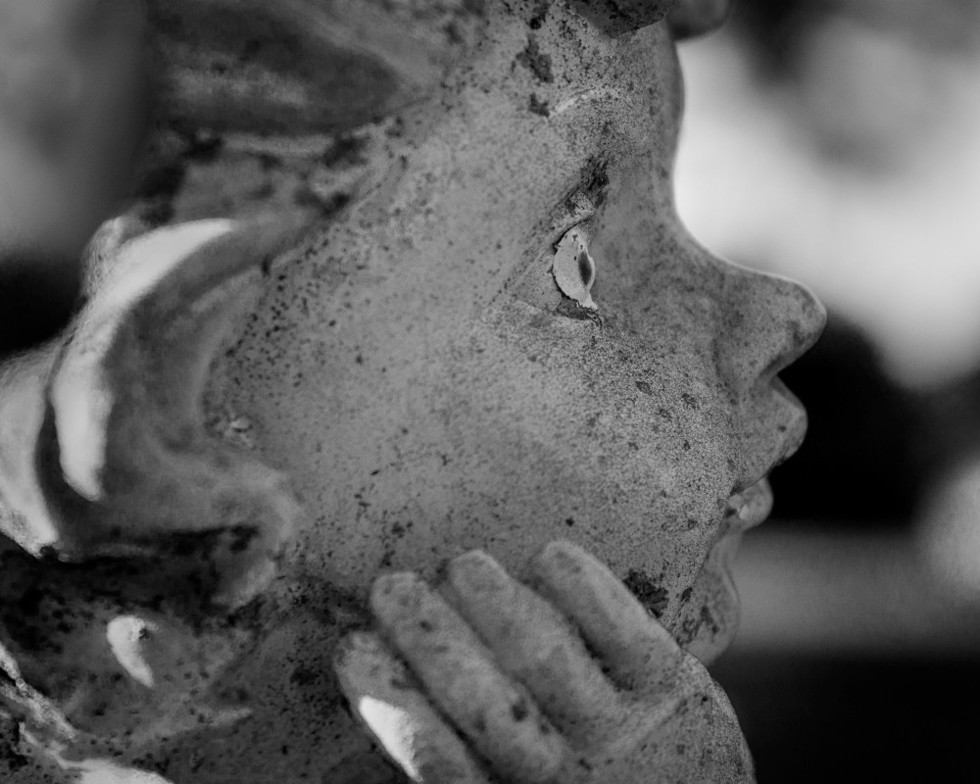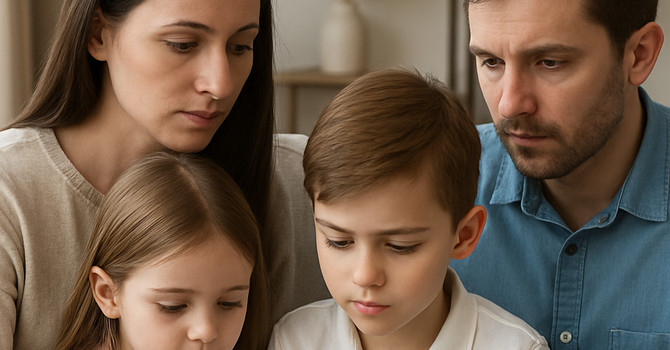
The Psychological Impacts of Grief: Embracing a Natural Part of the Human Experience
Grief is a universal experience, an intense emotional response to loss that touches everyone at some point. This experience isn’t limited to the passing of a loved one but can encompass many forms of loss, from the end of relationships to changes in health, career, or even dreams. Although grief can be deeply painful, it’s also a natural and transformative part of being human. Understanding its psychological impacts helps us navigate the journey with self-compassion and resilience.
The Phases of Grief: A Complex and Nonlinear Process
While everyone’s grieving process is unique, psychologist Elisabeth Kübler-Ross famously identified five stages of grief: denial, anger, bargaining, depression, and acceptance. These stages, however, are not a fixed path, nor do they unfold in a strict order. People may cycle through them in any sequence, revisit previous stages, or even experience several stages simultaneously.
Denial acts as an initial shield, providing time to process the reality of the loss. Anger may surface as a response to the unfairness of the loss, a natural way to channel overwhelming emotions. Bargaining reflects our need for control and often takes the form of “what if” scenarios. Depression can bring profound sadness as the weight of the loss settles in, and finally, acceptance brings a measure of peace, helping us to live with the new reality while carrying the memory of what has been lost.
The Psychological Impacts of Grief
Grief can influence our mental, emotional, and physical well-being in profound ways, reshaping how we view the world, ourselves, and our relationships. These impacts may include:
-
Emotional Turmoil and Mood Swings
The intensity of grief can create a rollercoaster of emotions—one moment, you may feel a sense of numbness, and the next, intense sadness or anger. This emotional turmoil is part of the brain’s attempt to process the reality of loss. Mood swings can feel disorienting, yet they are a natural response as the mind oscillates between accepting reality and clinging to the past. -
Physical Symptoms
Grief often manifests physically, too. It’s common to experience fatigue, body aches, loss of appetite, sleep disturbances, and a weakened immune system. These physical responses reflect the body’s reaction to emotional distress, as grief can take a toll on overall health. -
Changes in Cognitive Function
Concentration, memory, and decision-making often suffer in the midst of grief. A grieving brain is processing complex emotions and may struggle to focus on everyday tasks, leading to mental fog and forgetfulness. This cognitive disruption is usually temporary but can be frustrating to manage. -
Feelings of Guilt and Regret
Grief can bring a flood of “should haves” and “if onlys.” These feelings are often amplified in cases of sudden loss, where individuals may dwell on what they could have done differently. Processing these feelings is crucial to healing, as unresolved guilt can complicate the grieving process. -
Isolation and Changes in Social Connections
Loss can shift relationships and support systems. Those grieving might withdraw from friends or family, either due to feelings of loneliness or the difficulty of sharing their pain. At the same time, grief can deepen bonds with those who can empathize or provide meaningful support. Social isolation is common during grief, but connection is vital for healing, even if it’s hard to reach out.
Grief as a Natural Part of Life: Embracing and Transforming Loss
Though painful, grief is a necessary aspect of human life. Just as joy, love, and excitement shape our experiences, grief also plays a role in how we grow and connect. When we acknowledge and allow space for our grief, we give ourselves permission to heal. This acceptance can lead to post-traumatic growth, where we emerge from loss with new strengths, deeper empathy, and a more profound understanding of ourselves and others.
Practical Steps for Navigating Grief
There’s no single roadmap to navigate grief, but certain strategies can help foster resilience:
-
Acknowledge Your Feelings
Recognizing and naming your emotions—whether sadness, anger, or guilt—helps to validate your experience. Suppressing feelings can prolong suffering, while self-compassion allows you to process them healthily. -
Seek Support
Sharing your grief with trusted friends, family members, or mental health professionals can be incredibly healing. Sometimes, seeking out a support group for individuals experiencing similar losses can provide comfort and understanding. -
Take Care of Your Body
Prioritize basic needs, like nutritious food, adequate rest, and regular physical activity. While self-care might feel difficult, it’s essential for maintaining physical and emotional well-being during this time. -
Engage in Rituals or Memorials
Honoring a loved one’s memory or engaging in meaningful rituals can help create closure and provide a sense of continuity. These practices allow you to connect with your loss in a way that celebrates the impact of the person or experience. -
Allow Time for Grief
Grief doesn’t have a timetable. Allow yourself the time you need to process your loss. Rushing the healing process can delay acceptance, while patience enables genuine growth.
Moving Forward with Grace
Grief is not a journey to be completed or a problem to be solved but a process of integration. Each step, each emotion, and each memory become part of the tapestry of life. Through this lens, grief, while painful, also deepens our capacity for love, empathy, and understanding. Embracing grief as a natural part of the human experience allows us to live more fully, connected to ourselves and to others.
.JPEG)
.JPEG)





